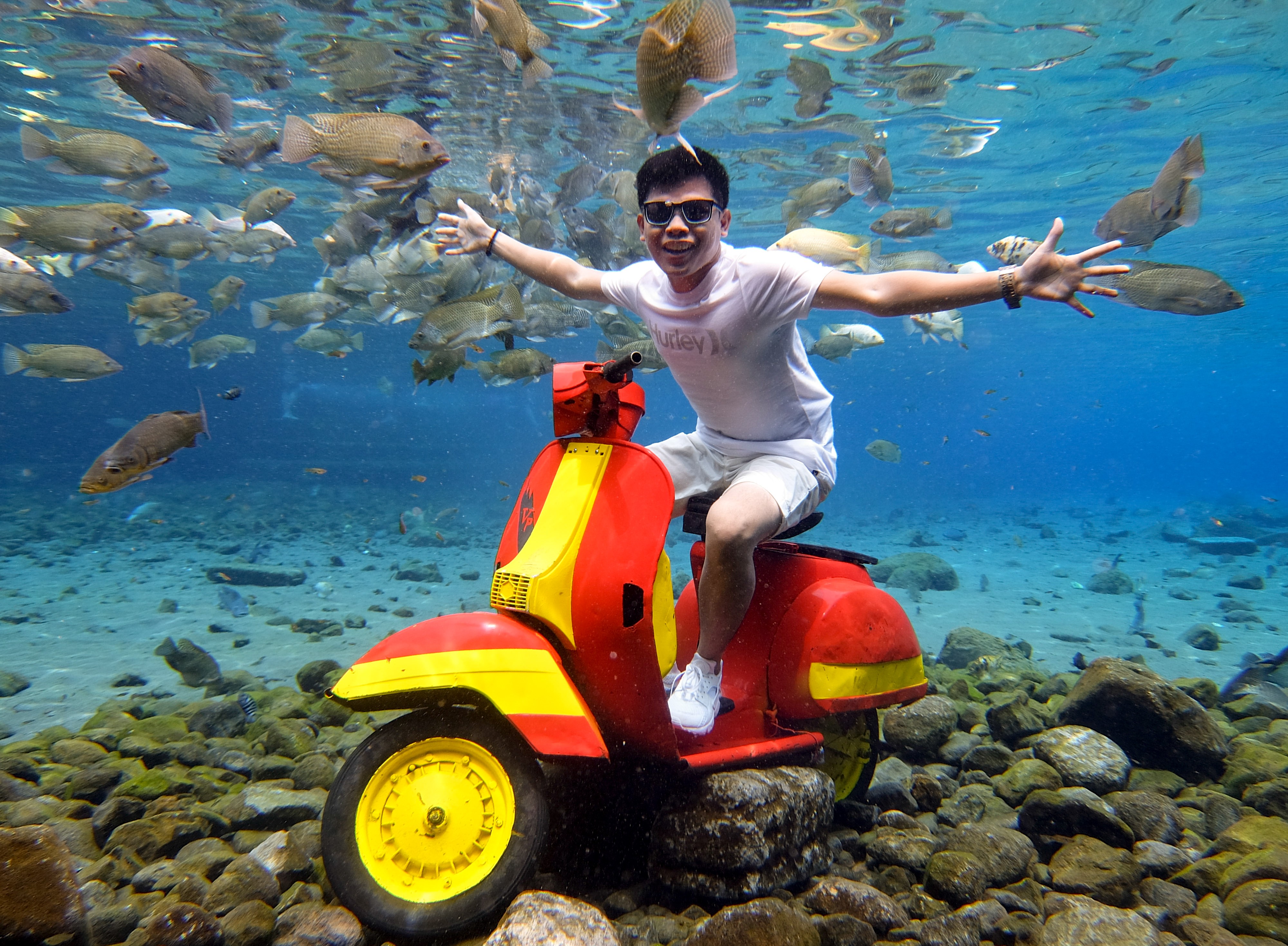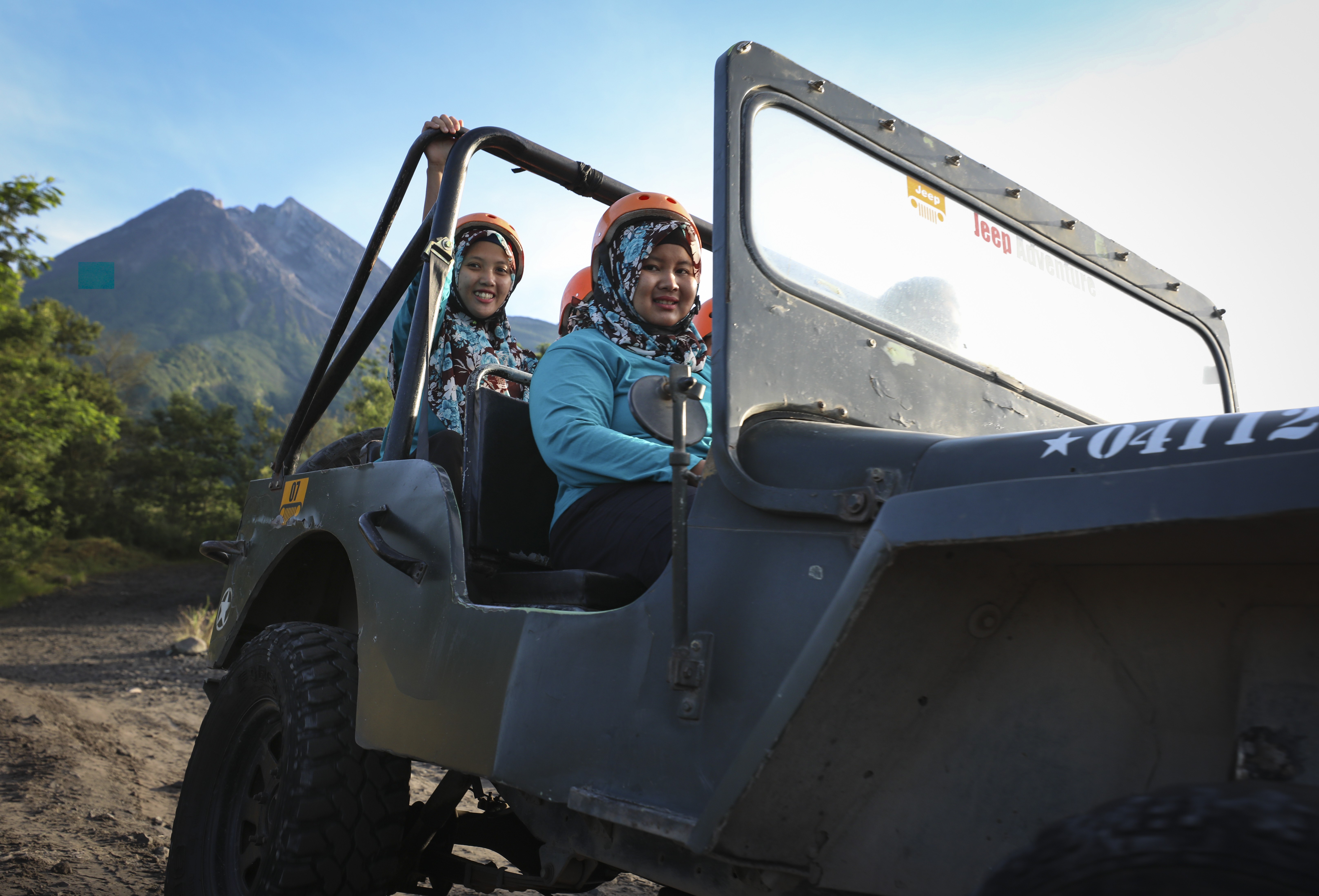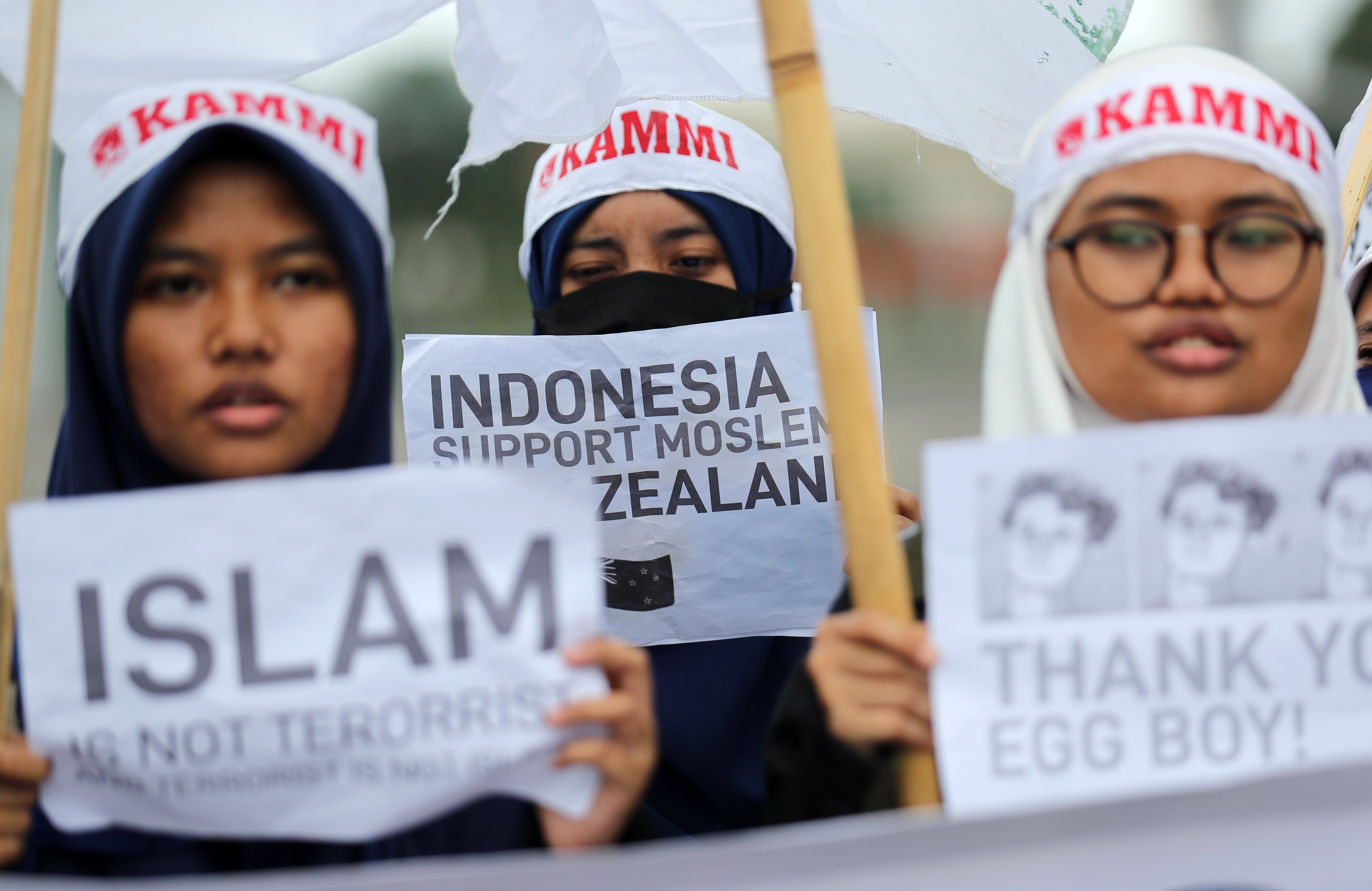Birds, snakes, monkeys, pangolin and bats – the latter associated with the global coronavirus pandemic – all are sold at wild animal markets across Indonesia. Business has recently fallen, a trend activists opposed to the wildlife trade continues.
Caves in the karst hills of Gunung Sewu geopark, southern Java, hide vegetation found nowhere else. Shafts of sunlight beam through a hole in the roof to illuminate a 60-metre-deep grotto if you go at the right time of day.
Hand-made batik artisans in Indonesia preserve tradition and teach tourists their cloth-making secrets. It’s mainly women’s work, but they’re not complaining.
Animal activists say animals are underfed, kept in poor conditions and exploited for entertainment by performing circus acts for money. Government attempts at regulation and supervision have also fallen short so far.
On the northern coast of Java island in Indonesia, large parts of a village have sunk since the 1990s. The drowned homes have become an eco-tourism destination, offering visitors a grim learning experience.
Visitors flock to Umbul Ponggok in Central Java to take tongue-in-cheek underwater selfies, feed its fish, and buy food and souvenirs. The transformation of a once-murky pond has enriched villagers and made Ponggok a model village.
Coins, bottles, glasses and bicycles all melted, a clock that stopped when Mount Merapi in Indonesia erupted in 2010 and gas clouds, lava, and a torrent of rocks killed 350 people; unable to farm, villagers serve growing ranks of disaster tourists.
With Islamist extremists calling for violent revenge for the Christchurch mosques terrorist attack, moderates renewed their calls for tolerance in Indonesia, the most populous Muslim country and one founded on inclusion.
Extremists and internet companies in Indonesia are playing a cat-and-mouse game to stop radical content spreading on social media, but such content is still easy to find in a country with an estimated 130 million Facebook users.
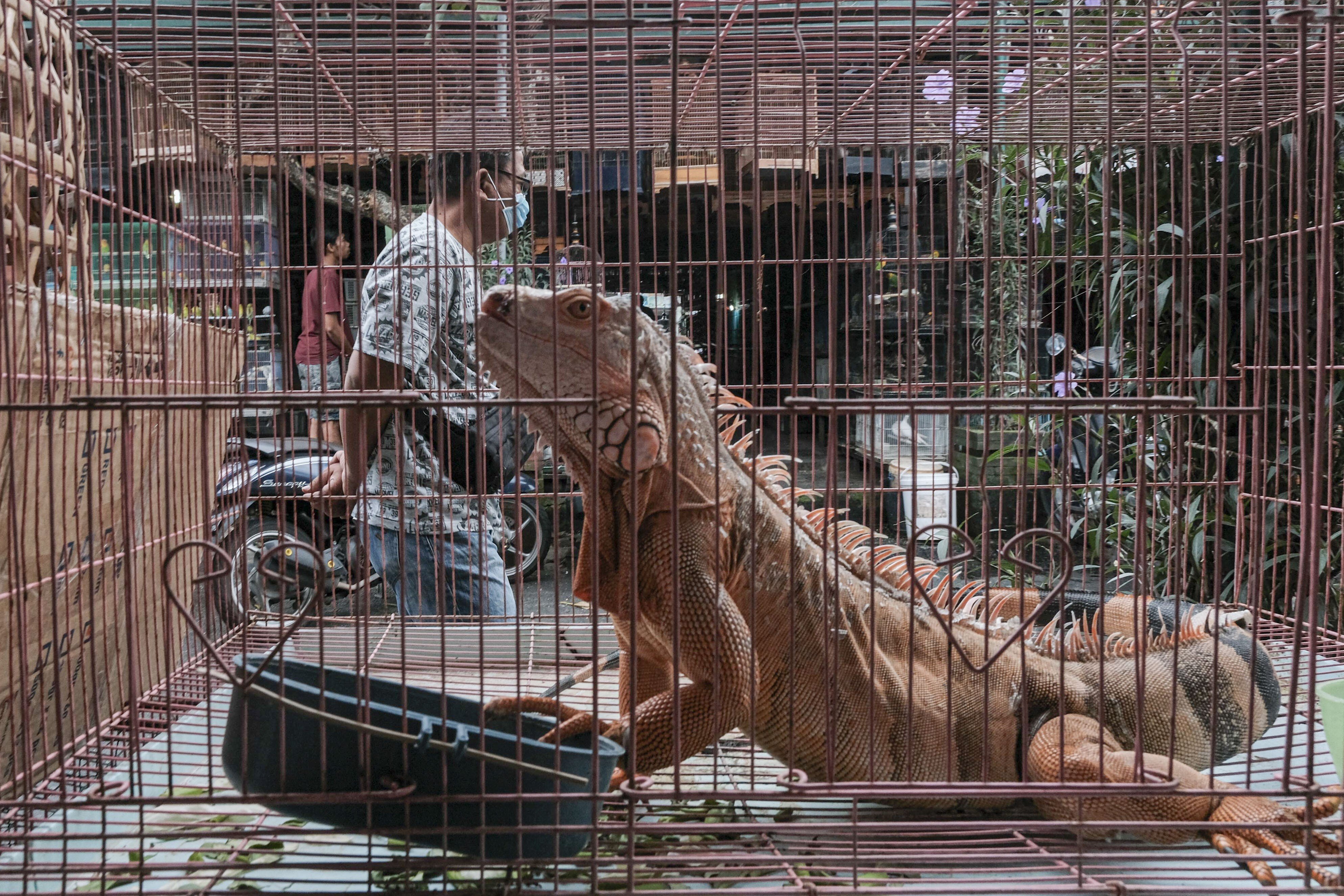
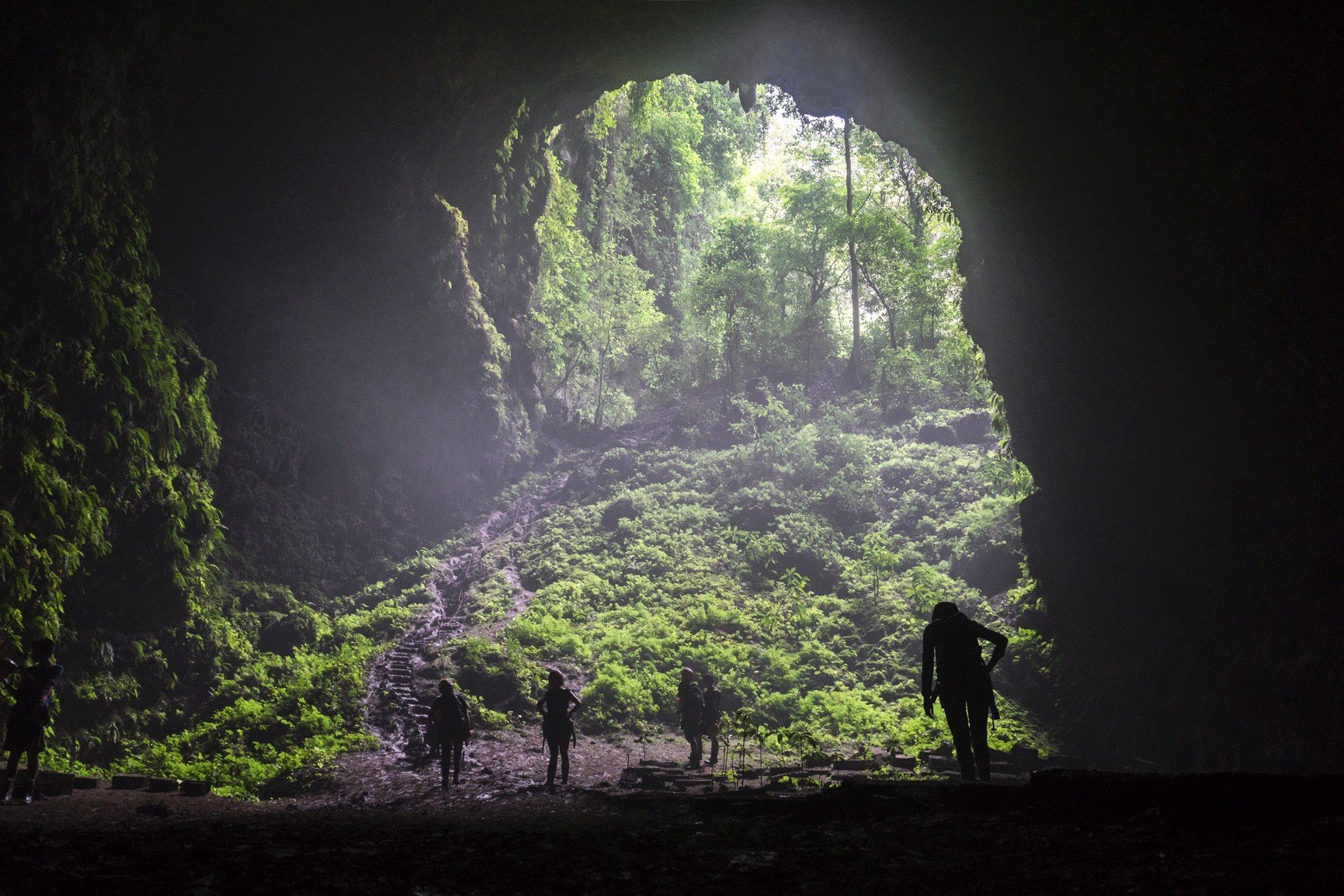
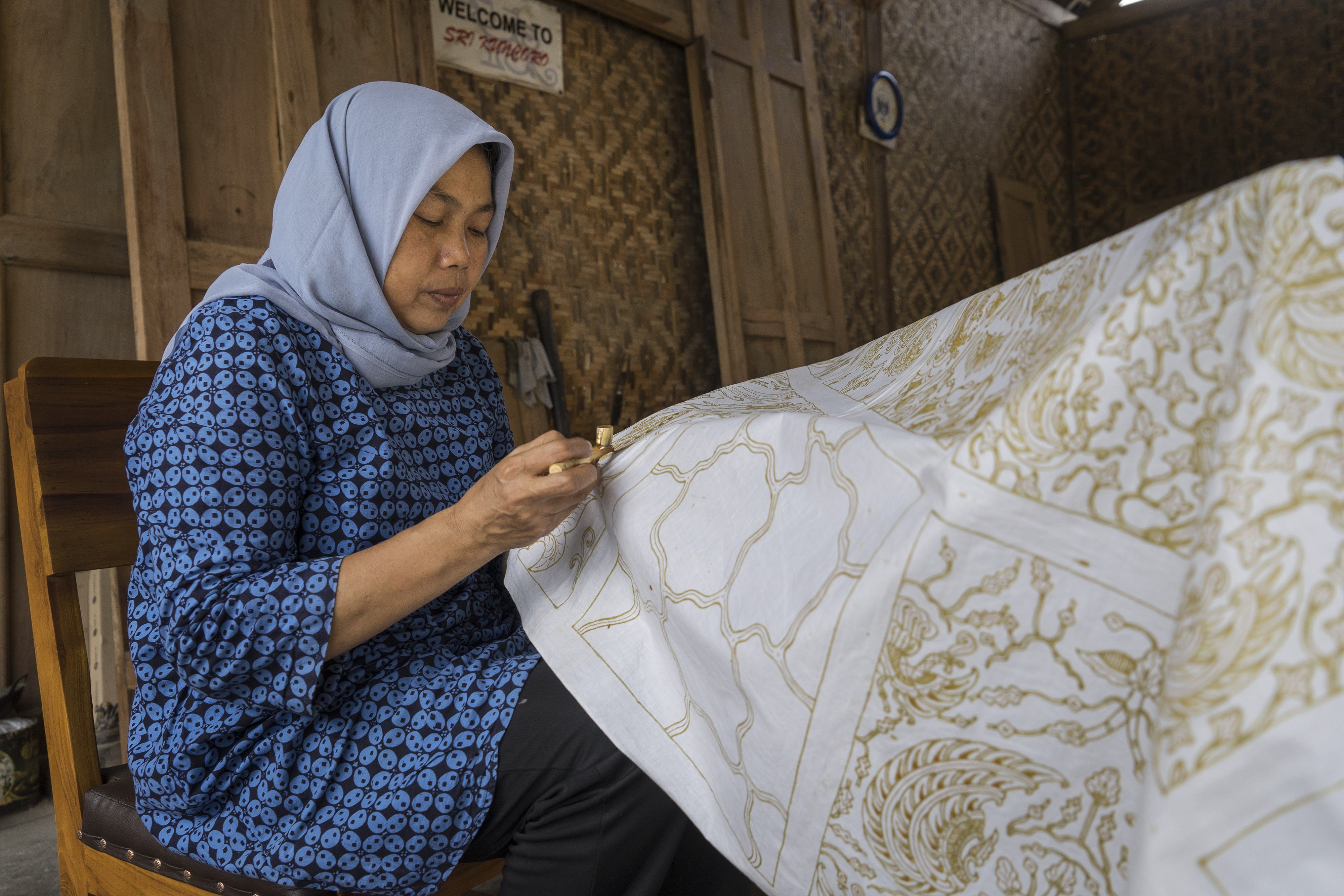
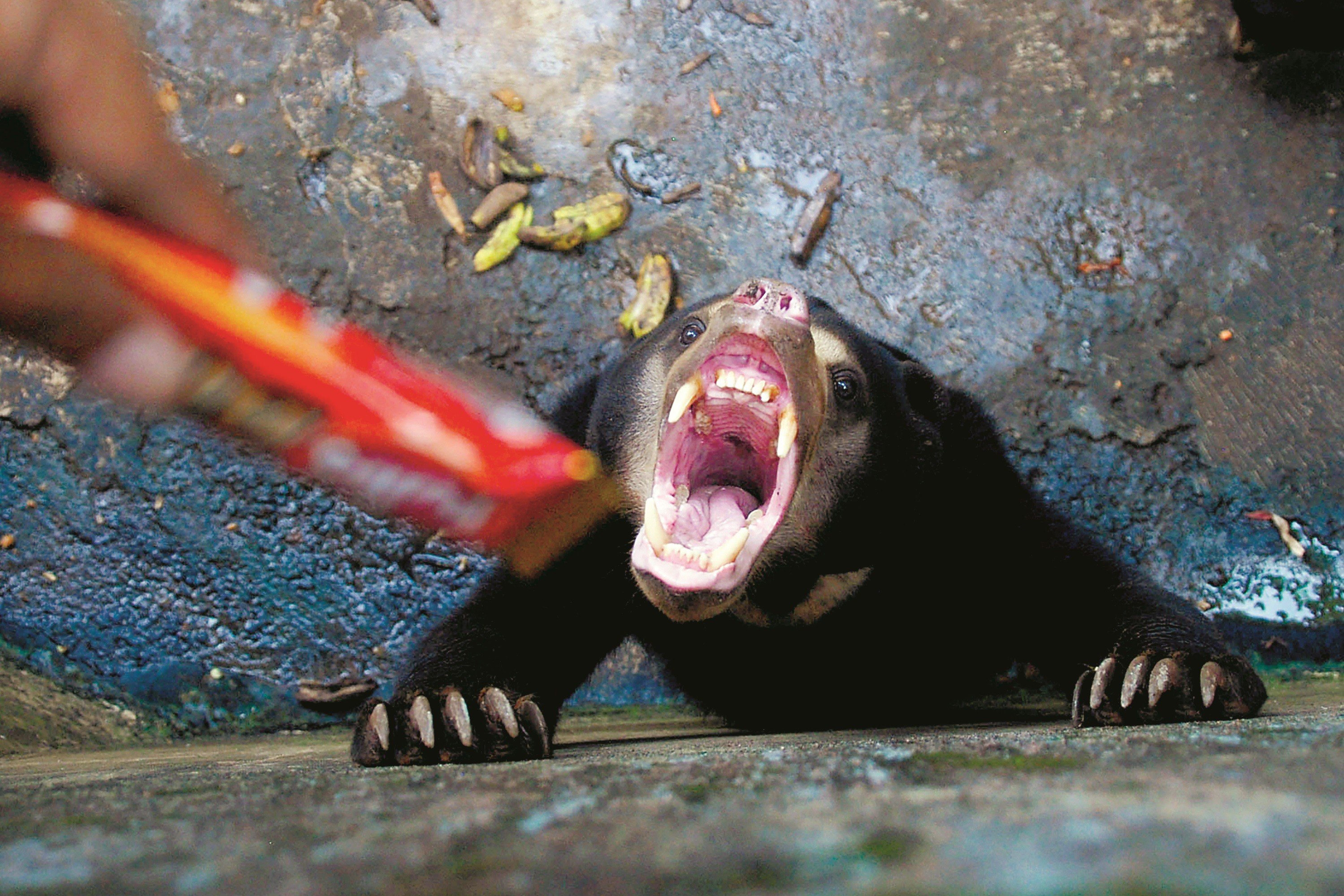
![Muslim pilgrims (R) visit the tomb of Syeh Abdullah Mudzakir, in the village of Bedono, Semarang, an eco-tourism area that is slowing "sinking" on the north coast of the island of Java, Indonesia on August 06, 2019. Mudzakir's tomb and several nearby did not sink along with other tombs, so people think there was a supernatural reason behind that phenomenon. 06AUG19 [TRAVEL FEATURES] SCMP / Antony DICKSON](https://cdn.i-scmp.com/sites/default/files/d8/images/methode/2019/08/17/5235ba4e-bf2e-11e9-8f25-9b5536624008_image_hires_140731.JPG)
